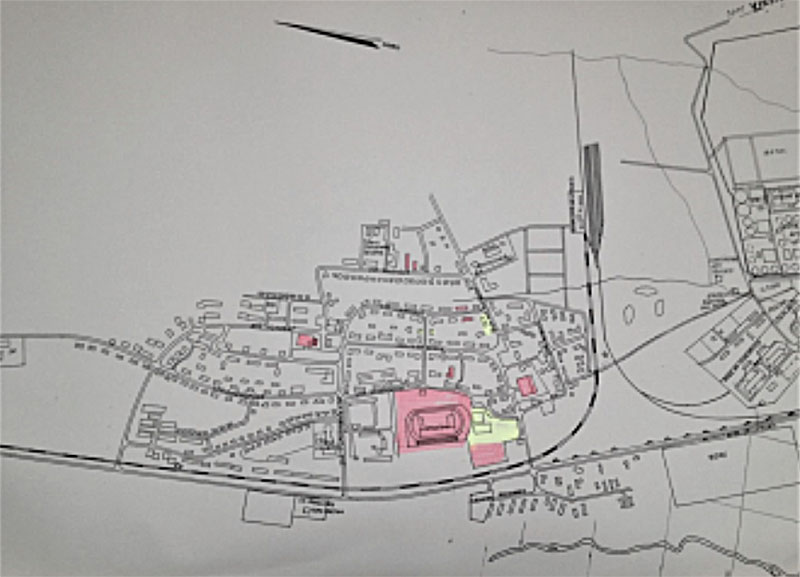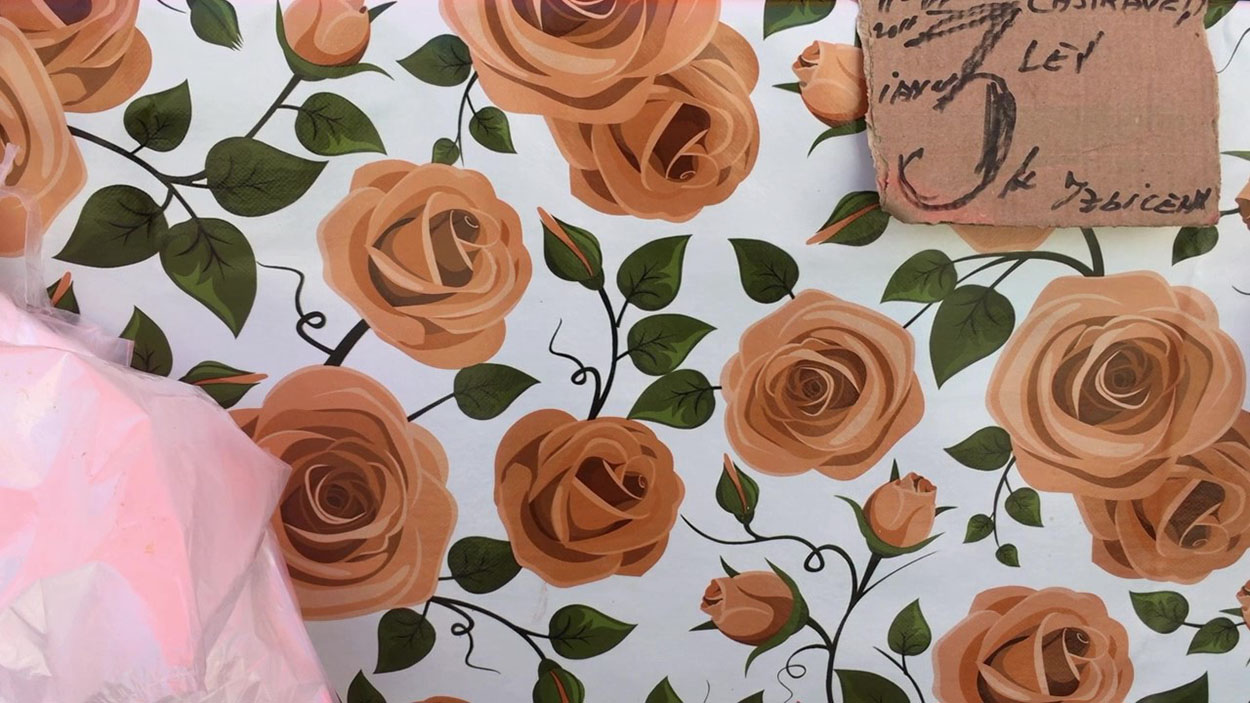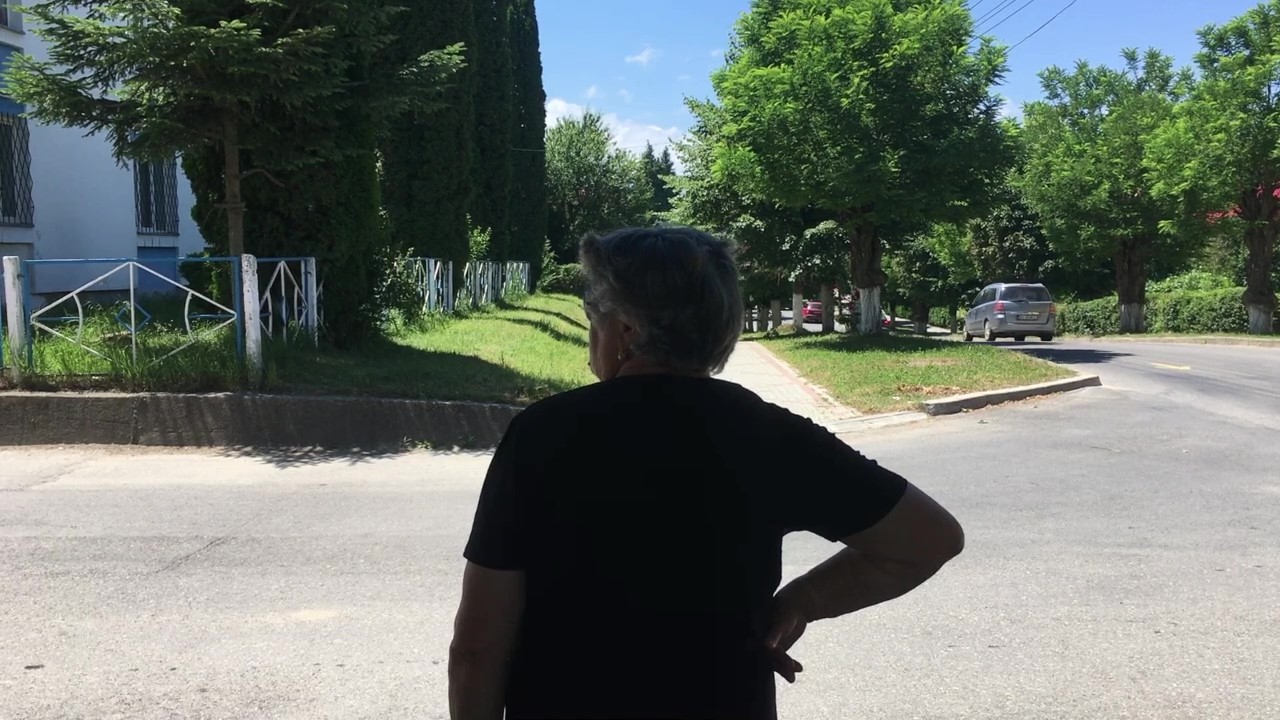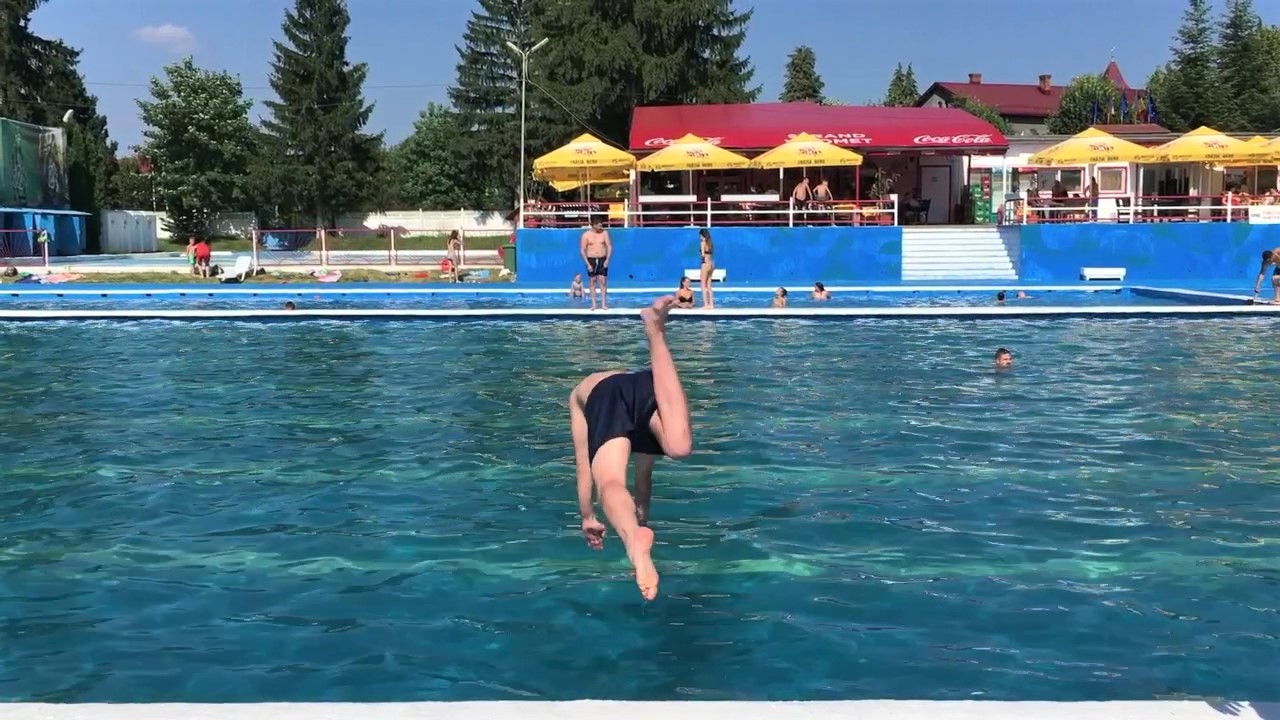The week of the summer school “Utopian Cities, Programmed Societies” in Victoria (Romania) was an insight into a social fabric we could experience. The programme gathered students, scientists, and artists most of whom came from Romania, France, the UK, and Germany, with others coming from countries across the world. The idea of the one-week-long summer school was to explore the relationship between architecture, technology and utopia, environment and industry, between imaginary communities and their development, in order to evaluate possibilities for transforming these forgotten places. The city of Victoria serves as a starting point to explore unfinished utopian societies. Victoria has around 7000 inhabitants and was founded as a socialist city built from scratch town only 70 years ago to accompany a munition factory.
It always has been a town dependent on mono-industry. Nowadays the factory is owned by Americans producing methanol. In its “best” times it employed around 7000 people, now you will find around 300 people working there. What began as a growing “city of the youth” ideal for the (utopian idea) of “the new man” became a “shrinking city” with nearly 50% of the population being pensioners.
The story of the city appears to be like a life cycle. It feels like after going through turbulent times, witnessed contrasting eras, it is now looking forward to a slow and peaceful retirement. This is not meant to be a sarcastic comment. We experienced it as a tranquil and in a special way colourful town in the middle of a beautiful landscape. To us thinking of ways to “revive” it seems an inappropriate intervention. This matches the fact that more and more people built holiday homes in Victoria. The potential of tourism is also a future that local authorities rely on.
Obviously, this is an insight into our very personal impression of being in Victoria for a week but as there is never only one story about anything (an aspect that Friedrich Kirschner highly emphasized in his lecture on “Situated Drama aka Enacting Complexity” he gave during this week), all of us collected completely different impressions and stories as you can read in this journal.
We had the pleasure to combine our impressions with opinions of the local people during a party on the last night of our stay in Victoria. Most of the participants of the summer school gathered in this night, outside at the main square having a drink with the people living here. This brought us back to the idea and structure of the summer school and its second aim: to encounter. People from different backgrounds, including the sciences and the arts met up to share their different ideas and lenses to look at the world. During the mornings we were allocated free time , but we were encouraged to walk through town in groups, visit the factory and view the landscape. The afternoons were dedicated to lectures on different topics in connection with utopia: architecture and utopias, technology and utopia, communities and utopia and reinvesting utopias.
In the following, we summarised our experience of the town in an audio-visual essay (shot with our smartphone). A short video that we realised under the thought of the “derive” the Situationists used in the sixties to form their psychological map of a city. For some a map of emotions, to us a map filled with wonder, with lucid moments, with impressions and our way of trying to understand our glance on Victoria and the week we spend there. Victoria, the city of Roses, the city of youth, the city which is coming to a more quiet period in its live. A city on the skirt of the Pyrenees, where the kids are enjoying their summer holidays, with afternoons to kill and time the citizens got to spend in an everyday life.




The week of the summer school “Utopian Cities, Programmed Societies” in Victoria (Romania) was an insight into a social fabric we could experience. The programme gathered students, scientists, and artists most of whom came from Romania, France, the UK, and Germany, with others coming from countries across the world. The idea of the one-week-long summer school was to explore the relationship between architecture, technology and utopia, environment and industry, between imaginary communities and their development, in order to evaluate possibilities for transforming these forgotten places. The city of Victoria serves as a starting point to explore unfinished utopian societies. Victoria has around 7000 inhabitants and was founded as a socialist city built from scratch town only 70 years ago to accompany a munition factory.
It always has been a town dependent on mono-industry. Nowadays the factory is owned by Americans producing methanol. In its “best” times it employed around 7000 people, now you will find around 300 people working there. What began as a growing “city of the youth” ideal for the (utopian idea) of “the new man” became a “shrinking city” with nearly 50% of the population being pensioners.
The story of the city appears to be like a life cycle. It feels like after going through turbulent times, witnessed contrasting eras, it is now looking forward to a slow and peaceful retirement. This is not meant to be a sarcastic comment. We experienced it as a tranquil and in a special way colourful town in the middle of a beautiful landscape. To us thinking of ways to “revive” it seems an inappropriate intervention. This matches the fact that more and more people built holiday homes in Victoria. The potential of tourism is also a future that local authorities rely on.
Obviously, this is an insight into our very personal impression of being in Victoria for a week but as there is never only one story about anything (an aspect that Friedrich Kirschner highly emphasized in his lecture on “Situated Drama aka Enacting Complexity” he gave during this week), all of us collected completely different impressions and stories as you can read in this journal.
We had the pleasure to combine our impressions with opinions of the local people during a party on the last night of our stay in Victoria. Most of the participants of the summer school gathered in this night, outside at the main square having a drink with the people living here. This brought us back to the idea and structure of the summer school and its second aim: to encounter. People from different backgrounds, including the sciences and the arts met up to share their different ideas and lenses to look at the world. During the mornings we were allocated free time , but we were encouraged to walk through town in groups, visit the factory and view the landscape. The afternoons were dedicated to lectures on different topics in connection with utopia: architecture and utopias, technology and utopia, communities and utopia and reinvesting utopias.
In the following, we summarised our experience of the town in an audio-visual essay (shot with our smartphone). A short video that we realised under the thought of the “derive” the Situationists used in the sixties to form their psychological map of a city. For some a map of emotions, to us a map filled with wonder, with lucid moments, with impressions and our way of trying to understand our glance on Victoria and the week we spend there. Victoria, the city of Roses, the city of youth, the city which is coming to a more quiet period in its live. A city on the skirt of the Pyrenees, where the kids are enjoying their summer holidays, with afternoons to kill and time the citizens got to spend in an everyday life.
